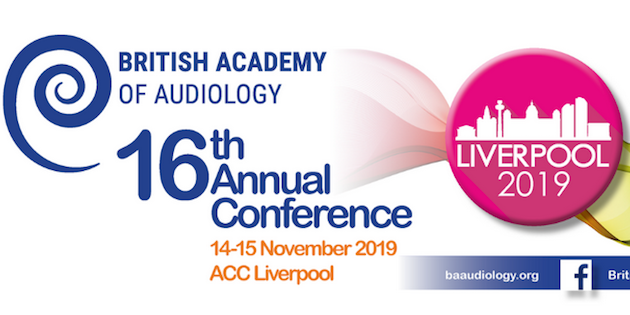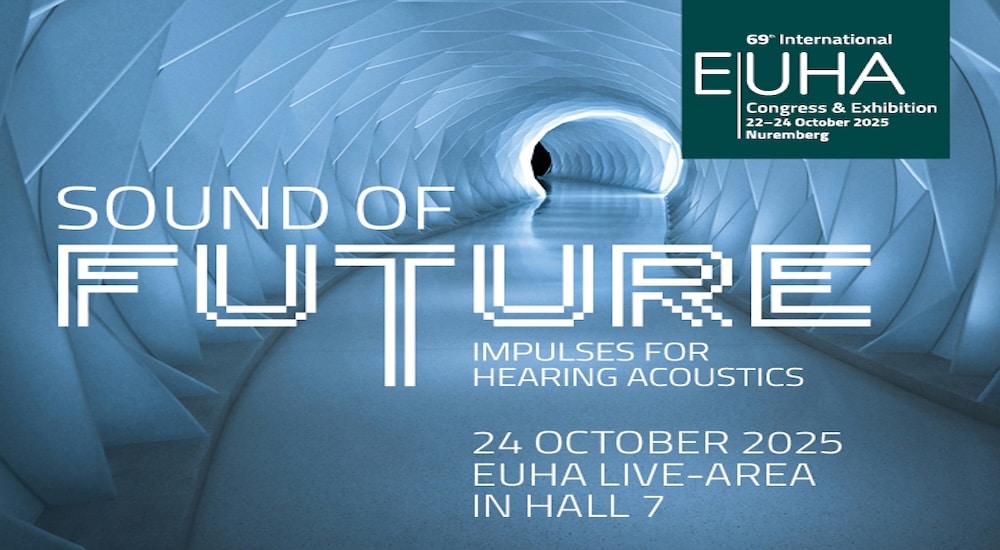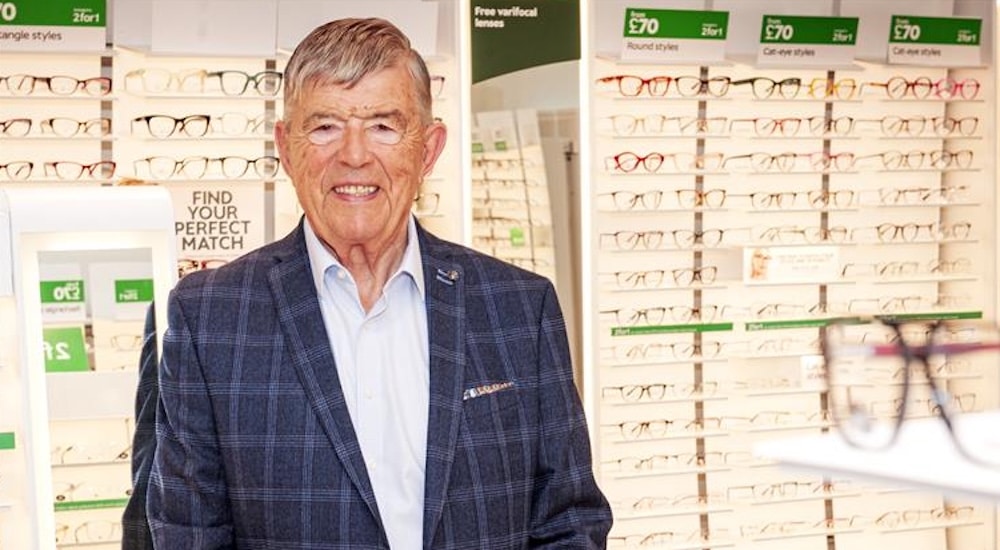BAA pulls out of UK College of Audiology talks
associations
Moves to unify UK hearing care professionals under one College of Audiology suffered a major reversal this month when one of the key associations involved announced its withdrawal from negotiations.

The British Academy of Audiology (BAA) began its own 2019 conference in Liverpool by announcing its board's decision that it "will not continue the discussions of a college of audiology in the current format".
A statement by the outgoing BAA President Sue Falkingham outlined the board's objections to the the National Community Hearing Association (NHCA) being involved in the current stage of negotiations. "NCHA are an organisation funded by big business, with no direct representation of individual audiologists in those businesses. Their involvement should, in BAA Board’s opinion, be confined to that of a stakeholder and they have stated this would be the case at the end of the process, but they see themselves as a partner in the exploration of the college of audiology," explained Falkingham.
We have asked NCHA to leave the discussion of structure and governance until such time that other stakeholders are included and consulted in the process. NCHA have stated they will not leave the discussions, so BAA will," she claimed.
"We don’t believe that looking at the governance and functions of a college with a lobbying organisation who represent business interests and not individual audiology professionals is appropriate," continued the statement.
Falkingham underlined the BAA board's argument that, in common with the other negotiating parties in the drive to found a College of Audiology—the British Society of Hearing Aid Audiologists (BSHAA), the British Society of Audiologists (BSA) and the Association of Independent Hearing Healthcare Professionals (AIHHP)—it represents "single professionals".
"We believe these are the organisations that should take the next steps in developing the College and that all other organisations are stakeholders in the process and should be consulted when appropriate plans are in place and our organisations memberships have had a chance to comment on those plans," said Falkingham.
In its response statement, the NCHA stated on its website (www.the-ncha.com): "This is a disappointing step backwards for audiology, patients and the profession. It is good that the BAA still believes in a college and this is what BAA members also tell us directly. We hope the BAA will return to the table in the spirit of transparency, openness and inclusion, which is how we began this journey for the benefits of patients and profession we serve."
Within two hours of the BAA's withdrawal announcement, the BSHAA President Andrew Coulter had issued a statement expressing surprise and disappointment. "I'm incredibly disappointed with BAA’s decision, which is a real setback for the creation of a College of Audiology. The sector needs a strong, unified voice to achieve much greater influence to lobby for the policy changes that are desperately needed – I remain committed to this. We’ll be looking to continue dialogue with our other partners in the College discussions before determining a new way forward that the public deserve. And I hope that we can work with BAA to get them back into the discussions.”
Coulter's disappointment was echoed by BSHAA's Chief Executive Prof. David Welbourn. "The talks around a College of Audiology have always been aimed at creating a more powerful influence for the profession on behalf of a public in which the voice of those with hearing loss is largely ignored by society. BAA’s decision to walk away from the discussions provides a stark illustration of why the audiology sector continues to be so under-represented around the policy table," he said.
"For the last year, we have felt to be on the cusp of a tremendous breakthrough on behalf of those we serve. The future of hearing care depends on us all working together to deliver a powerful, unifying voice. I hope we can still get there,” added Welbourn.


